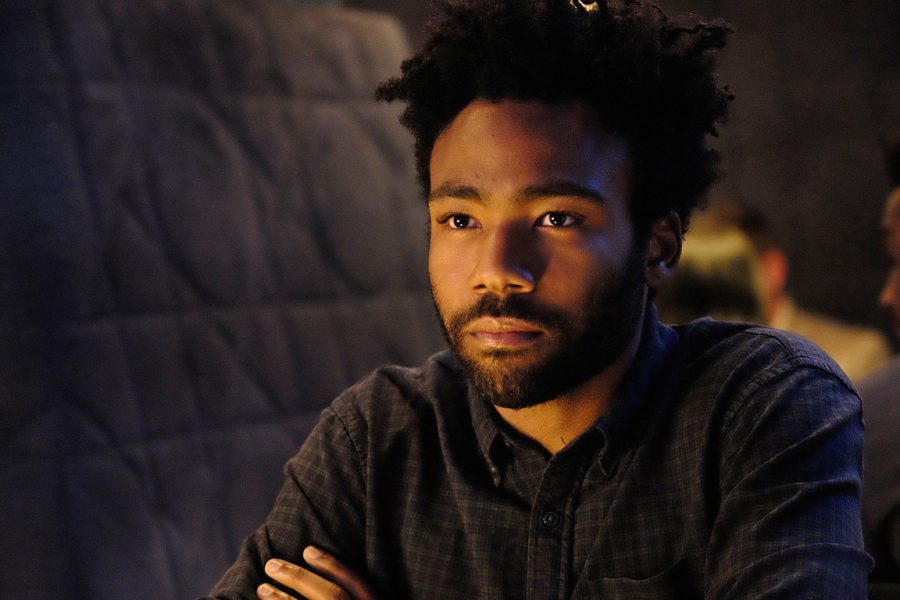The Emmys, television’s largest and most prestigious award show, have always been about big names conquering and broadcasting to millions. While the Emmys themselves aren’t inherently political, nominations themselves can sometimes take different forms of identity politics. Last night, we saw actors Riz Ahmed (“The Night Of”), Donald Glover (“Atlanta”), Sterling K. Brown (“This Is Us”) take home awards for best actors of their respective television show. Along with that, shows such as “Atlanta” (best directing for comedy series), “Veep,” (best comedy series), and “The Handmaid’s Tale” (best drama), took home awards too.
There was an ample amount of diversity on display, with Donald Glover being the first person of color to get an Emmy for lead actor of a comedy series. This is both surprising and groundbreaking, given how the Emmys have a history of having little to no people of color nominated or awarded in past shows. On top of that, HBO’s “The Handmaid’s Tale” was recognized as best drama. This is monumental, given that the subject matter of the show is about a dystopia where women have no rights. They are subjugated to the sole role of breeding, a theme that is relevant in the atmosphere of today’s political climate and congressional makeup. Stephen Colbert, this year’s host, also led his own scathing verbal attack on the Trump administration. Actor Donald Glover contributed his opinion, after receiving his award, “I want to thank Trump for making black people No. 1 on the most-oppressed list.”
In the face of all of this, the ratings for this year’s Emmys awards show have been some of the lowest it has seen. There are a few speculated reasons for this. The first and most prominent is that ratings for the Emmys as a whole have been on a gradual decline over the past few years. Last year’s ceremony drew in an 8.4 on the Nielsen rating system with 11.3 million viewers, less than 2015’s 11.9 million. While this year only brought in 9.6 million at about an 8.2 Nielsen rating. Other shows, such as the NFL game that aired on the same night, the Golden Globes, Academy Awards, and Grammys have all been taking in more viewers and attention. The other factor is that this year’s show was strikingly political in a time where politics happen to be very divisive and bipartisan.
Regardless, the drop in ratings for this year was not quite as large as some may make out, with only a 0.2 difference in the Nielsen rating. Wide-reaching popularity, along with strong political statements made during the show, means that the Emmys will remain relevant and watched for a long time to come.









